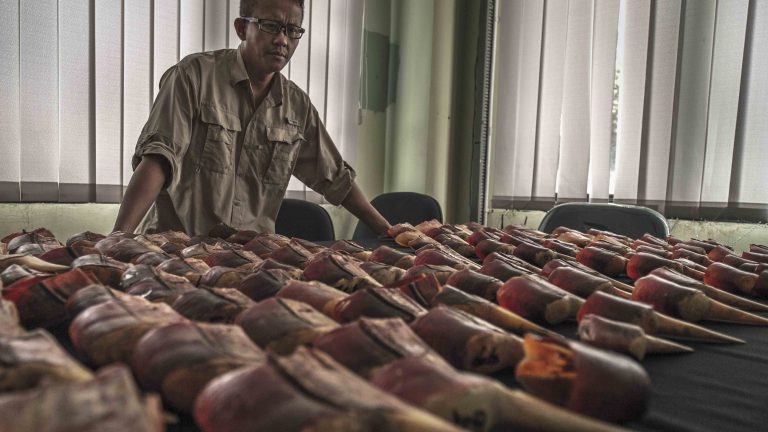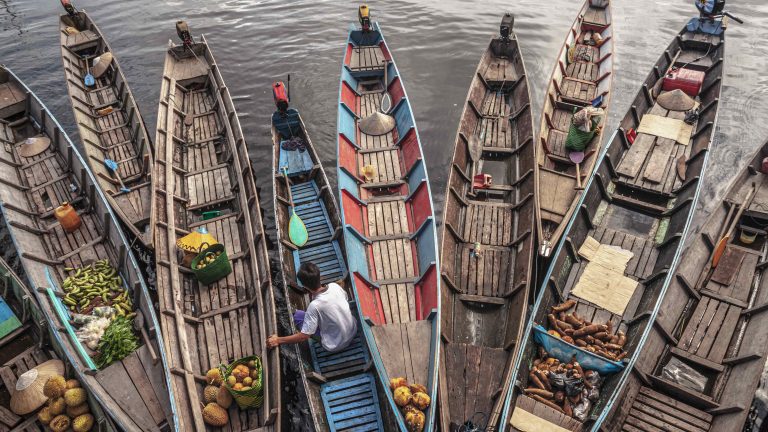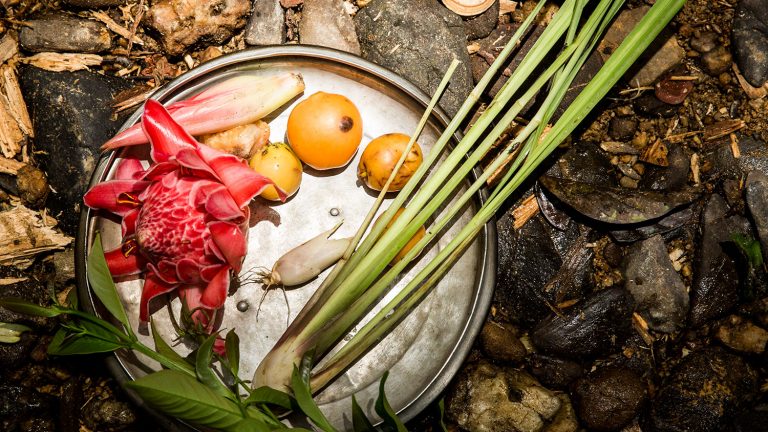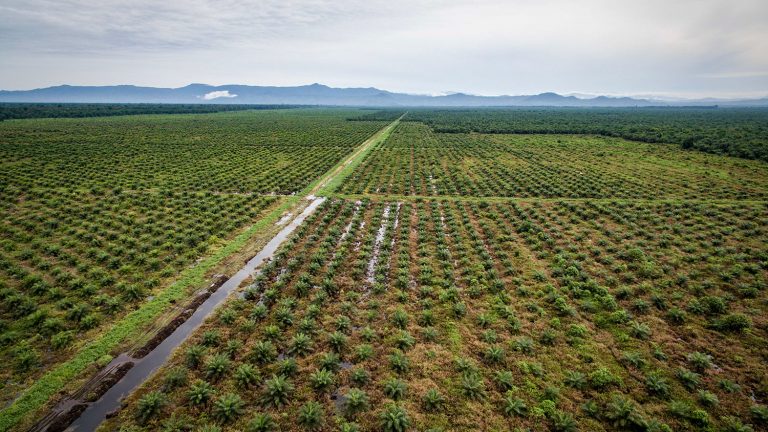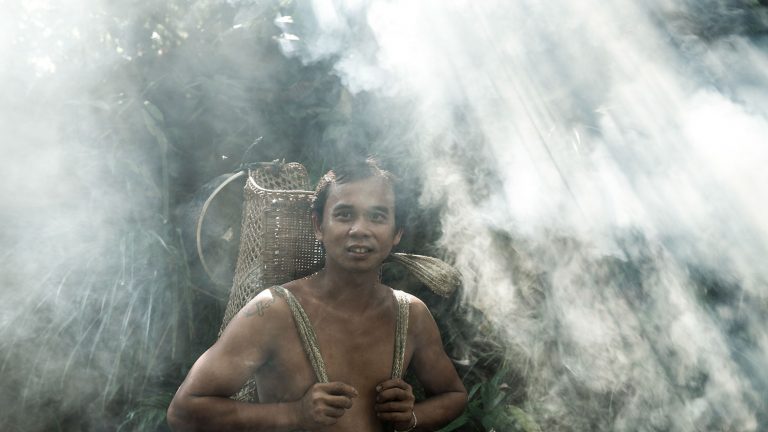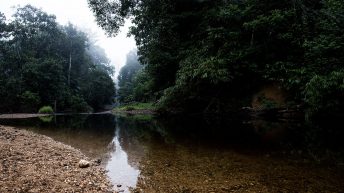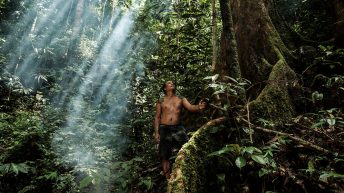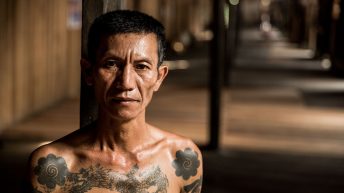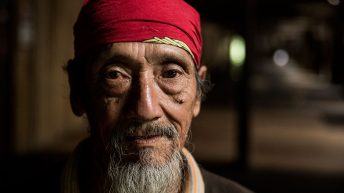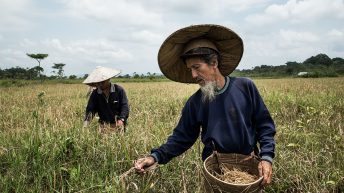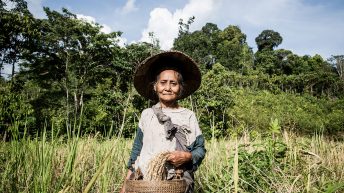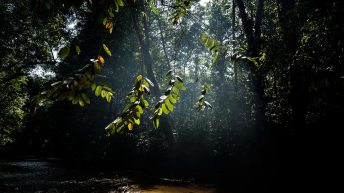The Helmeted Hornbill Is a Living Treasure—and That’s a Problem. Over the last decade, Helmeted Hornbills have experienced a dramatic increase in poaching for their casque, which is carved into luxury objects similar to elephant ivory. In addition, loss of old-growth forests, required for nesting hornbills, further threatens this species, and as a result it leapt from Near Threatened to Critically Endangered in 2015. In the remote old-growth forests of Southeast Asia lives the Helmeted Hornbill—a spectacular bird with an immense bill that seems like a work of art. Sadly, those ivory-like casques have spurred a wave of poaching that is driving the species toward extinction. Photojournalist Tim Laman documents intimate details from their nests and a growing movement to stop the illegal trade.
Tag - borneo
Forests, trees and agroforestry play important roles in food security and nutrition. They can play an important role in making our global food system more sustainable and more environmentally friendly while making an important contribution to healthy diets.
A film for CIFOR, more details visit www.cifor.org
Million of people depend on the forests and trees outside forest for their food security and nutrition. Foods from forest are contribute to food security because they are relatively inexpensive and often function as safety nets during food insecure seasons such as drought or excessive rain. In order for foods from forest to effectively contribute to food security, there are some issues to consider, including climate change, gender disparities within gathering and collection, improving access and promoting of sustainable foods from forest.
Hear from Magdalena Pandan, a 35-year-old oil palm plantation worker in West Kalimantan, Indonesia, who rises before dawn every day to carry out her duties toward her job, her family and her crop lands.
Subtitles available in 4 languages. Visit: http://ifnotusthenwho.me/
The indigenous people of Sungai Utik, a Dayak Iban community in West Kalimantan, Indonesia, have maintained a strong traditional connection to their forests despite continuous pressure from logging and palm oil companies intent on taking their land. Their forests remain intact and their traditional values are keeping their community together. If we want to keep forests and maintain food security we need to trust and support communities like the indigenous Dayak Iban. As they tackle the impacts of climate change, through the sustainable forestry traditional both to their culture and to their understanding of nature, they can offer us climate solutions and hope for the future.


